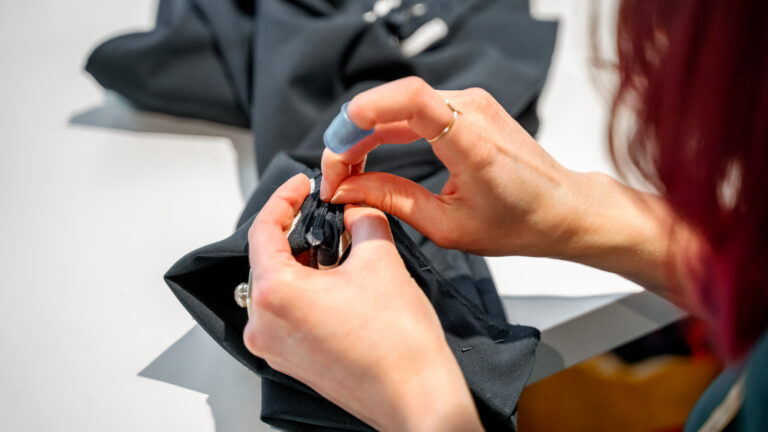
♻️ Rewear and Repair: My Thoughts on Recycle Week
This Recycle Week, I’ve been thinking a lot about what it really means to rewear and repair — and why those actions matter more than
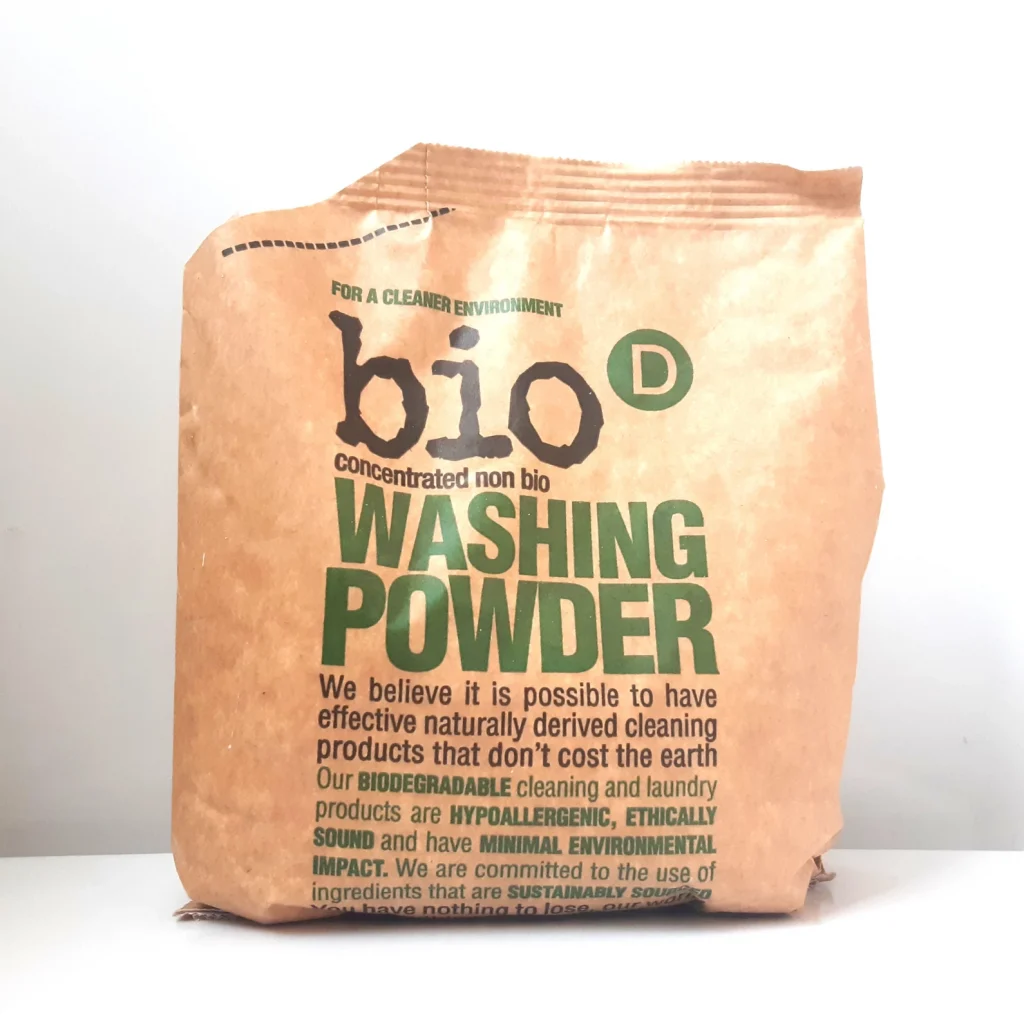
Shrinking clothes is one of the most common laundry fails.
Wool, silk, cotton and linen all react to a heated wash causing the tension in the fibres to pull back when they were stretched out. They return to their natural shorter state. This can happen during washing or drying. So even if you wash in cold water be careful how you dry the garment.
All clothes are best washed at 30 degrees, all laundry detergents work at this temperature. Hand washing is the best option for the most loved garments, this will preserve the cloth for longer. Though even i do not have time to do this always. How about washing them when you are having a shower? Use a neutral pH soap bar and cool water, the perfect multi-task that even you guys can try.
For wool it is good to look for a low pH or neutral detergent. Far better, cheaper and more eco than the dry cleaner.
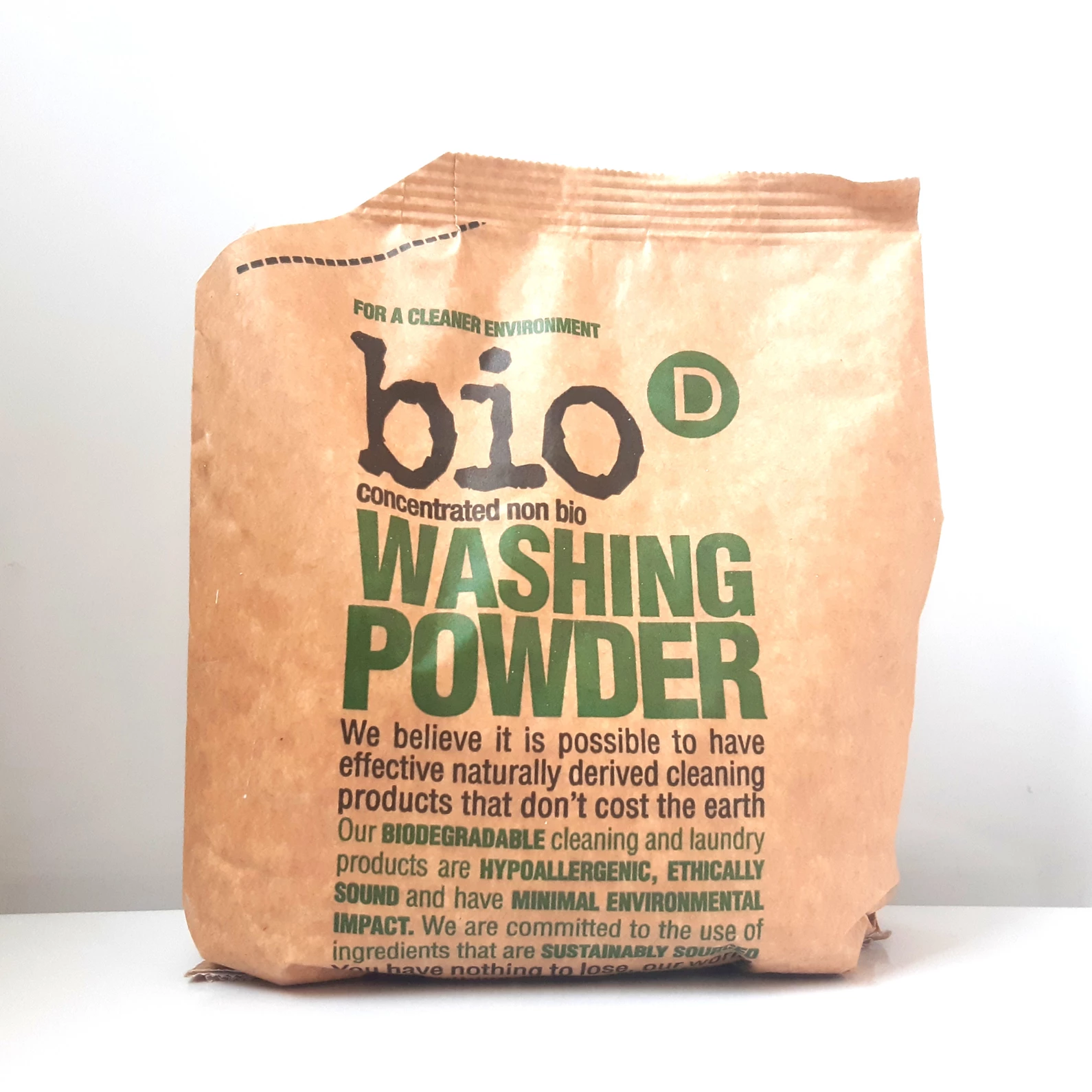
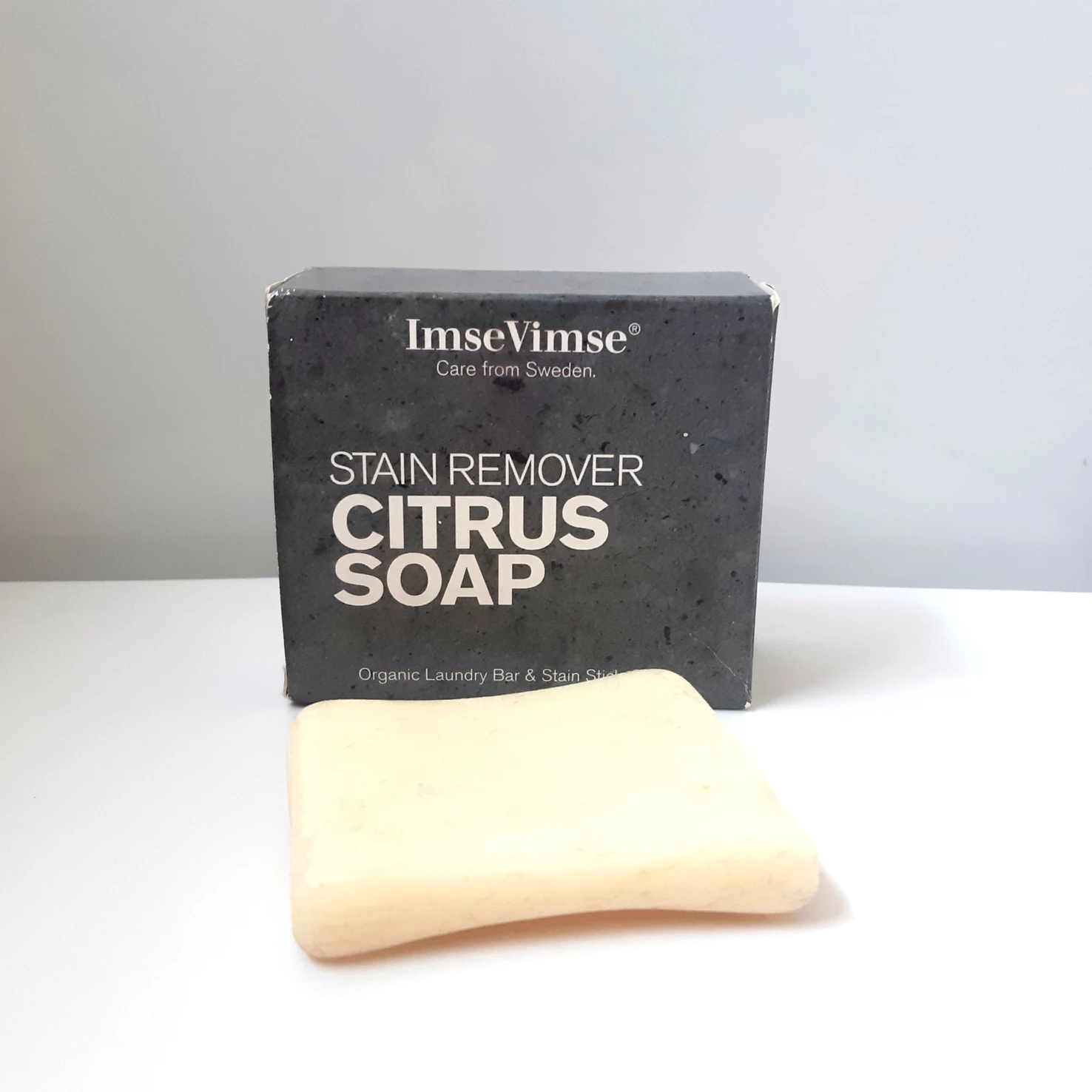
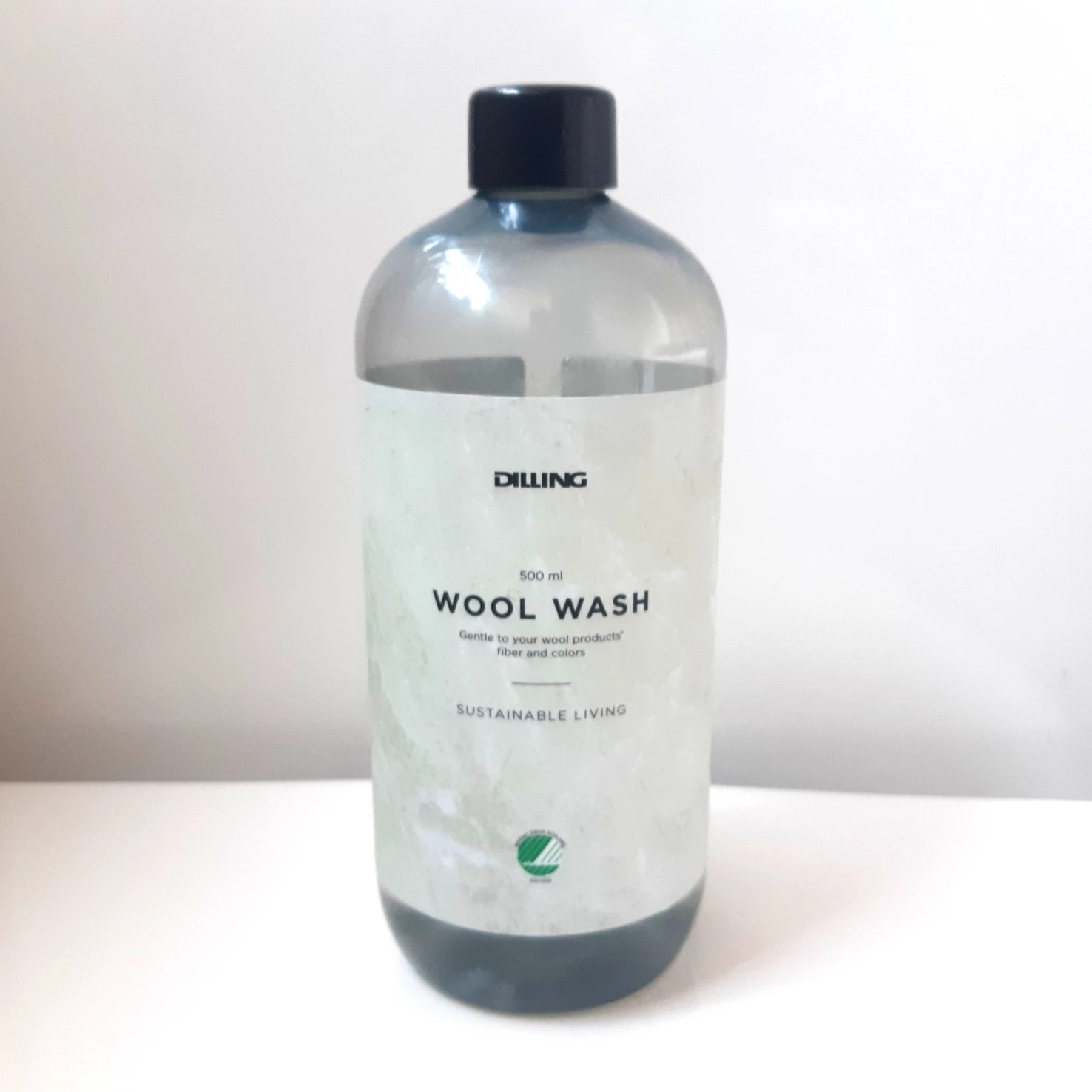
These are just some that I use.
Use bleach sparingly.
Bleach will strip away the fibres in a cloth causing the cloth to rip and fade in colour. Bleach is very damaging for the environment too, what you wash down the drain ends up in the water ways and joins the weather cycle getting evaporated and raining down. A top tip is using lemon, squeeze lemon juice into your laundry once washed and place to dry flat in a sunny place and it will bring the white out naturally.
Oops I did it again.
Washing new garments in a mixed wash is the worst thing you can do. Always separate, washing machine are getting very clever and know when there is a small load on by the weight. They can vary the wash accordingly. But they can not tell when a red sock gets left in with your white shirt. Wash new items on their own by hand for a first few times to allow for the colour to settle.
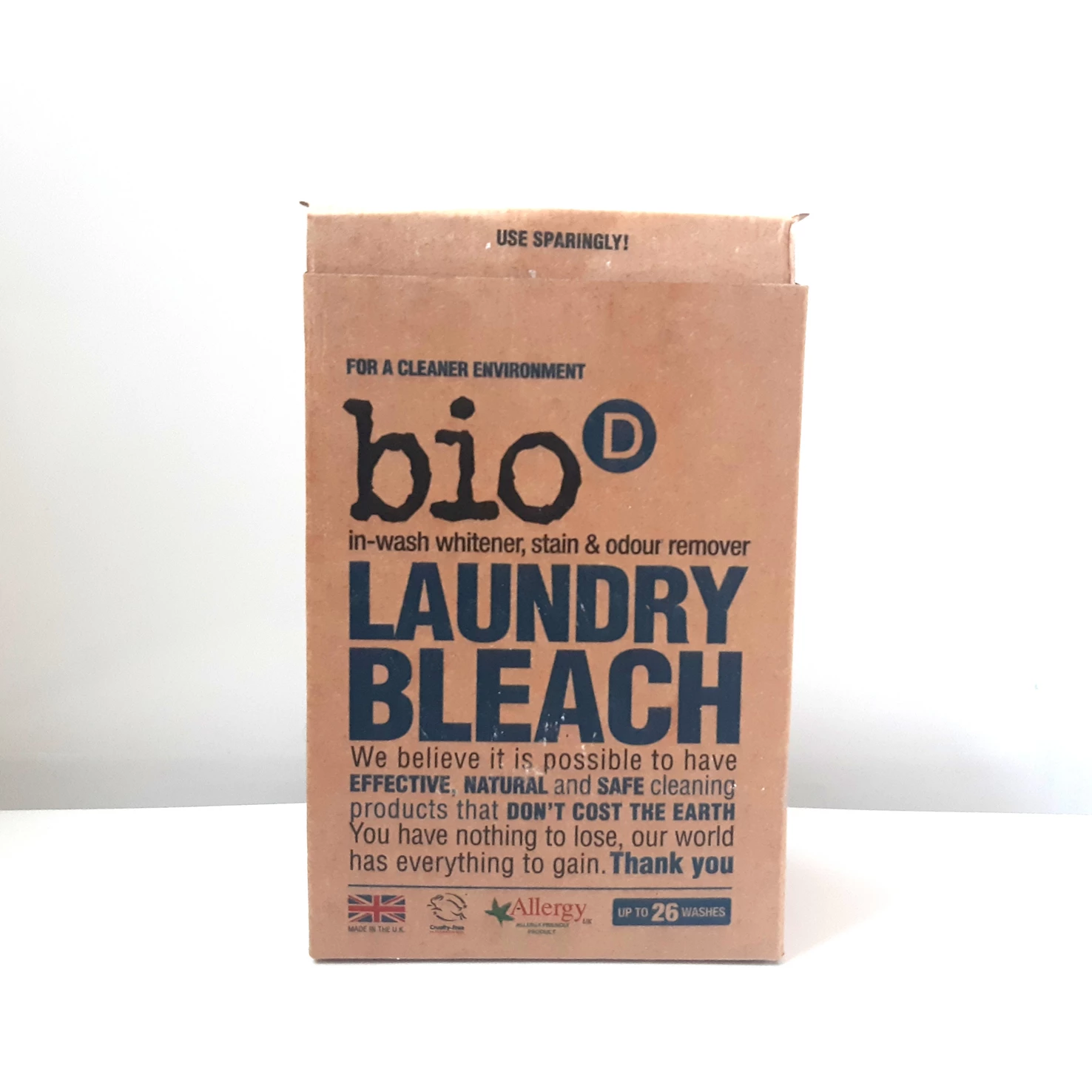

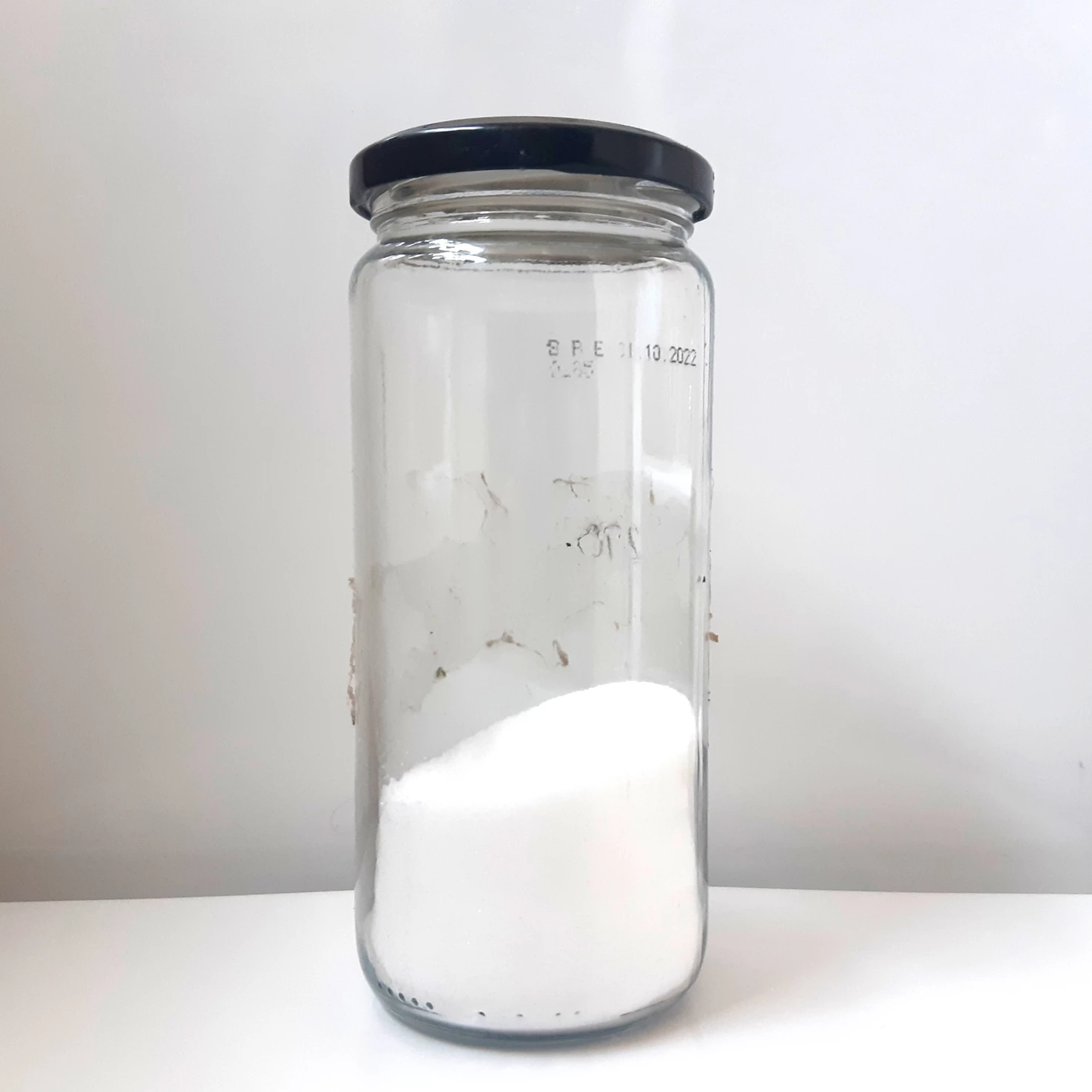
These are my stain removing besties.
I will use the soap to do a pre-washing machine hand wash, I know it seems a lot but the result is great. I have noticed that it happens more with some of my old cheap ‘cotton’ t-shirts, but the yellow discolouration that happens under the armpit only fades and can disappear with the help of this particular soap. Ethical Superstore.
I also use a bit of laundry bleach in the washing machine if the stain needs more of a nudge. I have since found that bi-carbonate of soda is great for deodorising drains, cleaning washing machines and softens water, they sell this at my local bulk store which is perfect to reduce my packaging waste. Bi-carbonate of soda can be used all over the house to clean different surfaces too.
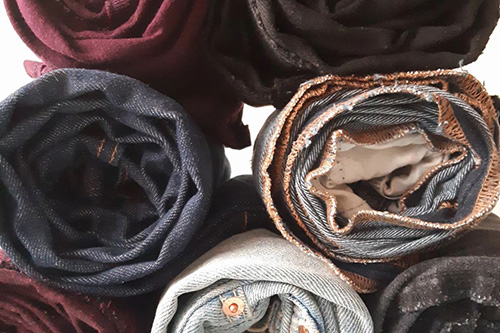
Honey I didn’t wash my jeans.
I used to work at Levi’s as a tailor and would get so many people wanting the crotch of their jeans repaired. They would give me a story of how their thighs rub together. I would say the same thing, so do mine yet mine do not get a hole in the crotch, I just don’t wash my jeans often. Now i do not want to know what you do in your jeans if they really require a wash everyday. I just put mine near an open window and let then air, this works for all clothes. If you have a stain then clean it with a sponge or cloth and some soap, why wash a whole garment if you do not need to. You only need to wash your jeans in the machine once a month if that, depending on how many times you wear them in that month.
Well done you have now saved so much water and energy by washing your clothes less. Just think of how much money that equates to. £££
From the top; linen, cotton, wool, silk, plastic representing synthetic fibres.
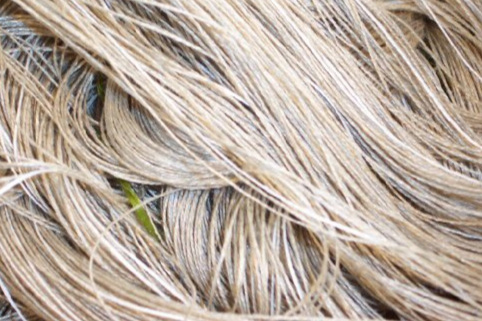
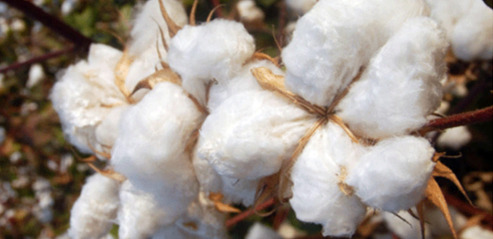
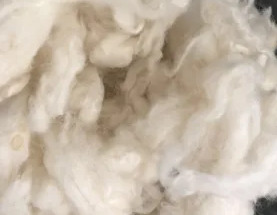
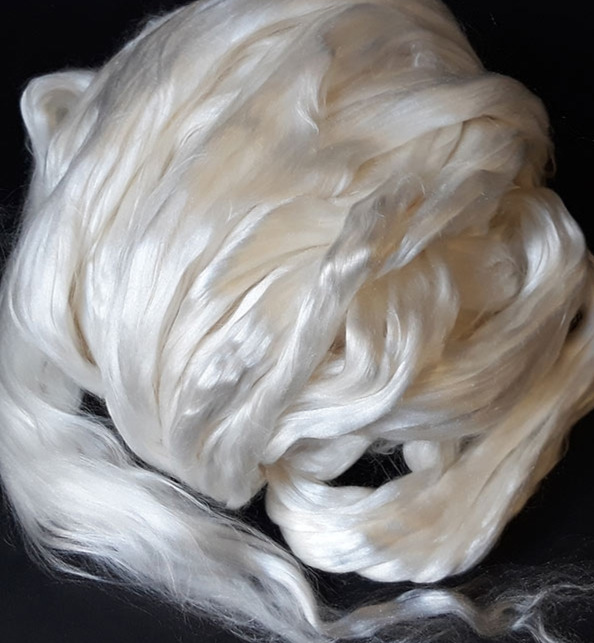


This Recycle Week, I’ve been thinking a lot about what it really means to rewear and repair — and why those actions matter more than
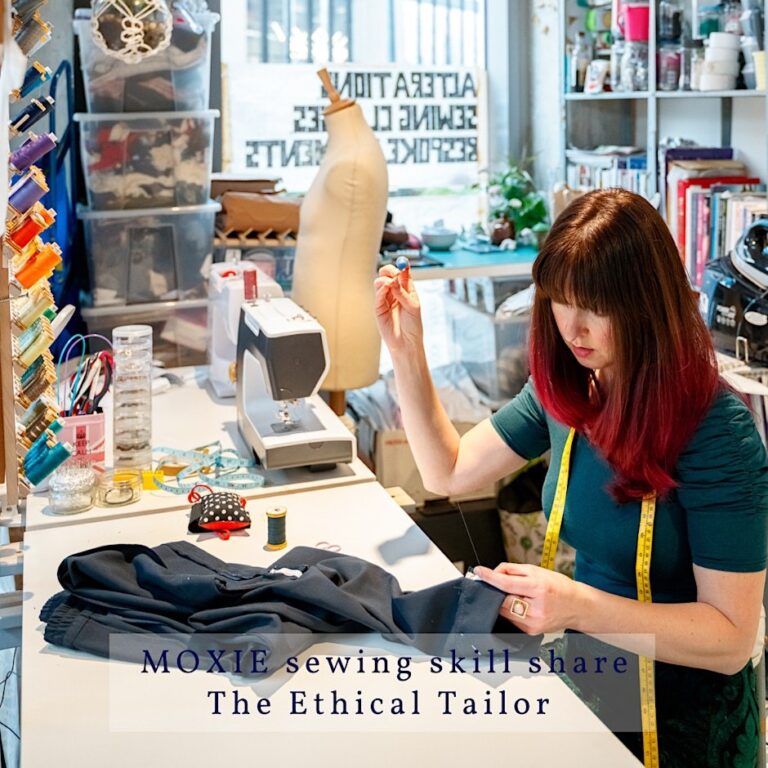
I, The Ethical Tailor, invite you to slow down and stitch with purpose. Hosted in London, this garment repair workshop is part of CHEEKY LONDON 25.
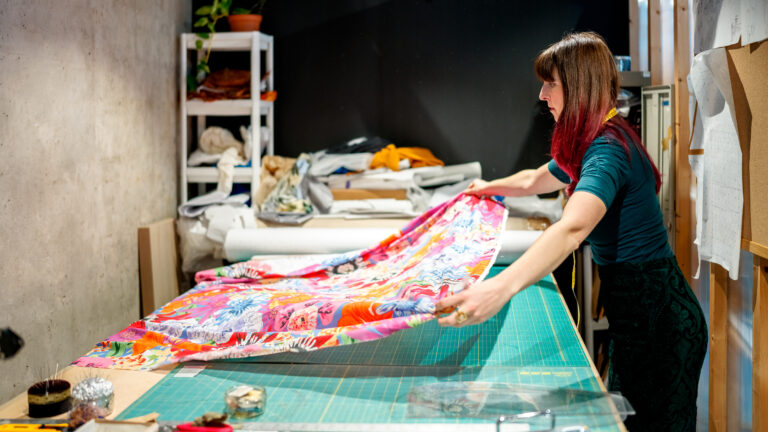
A big part of bespoke tailoring is knowing where to find the right materials — and for me, that means knowing the best fabric and
| Cookie | Duration | Description |
|---|---|---|
| cookielawinfo-checkbox-analytics | 11 months | This cookie is set by GDPR Cookie Consent plugin. The cookie is used to store the user consent for the cookies in the category "Analytics". |
| cookielawinfo-checkbox-functional | 11 months | The cookie is set by GDPR cookie consent to record the user consent for the cookies in the category "Functional". |
| cookielawinfo-checkbox-necessary | 11 months | This cookie is set by GDPR Cookie Consent plugin. The cookies is used to store the user consent for the cookies in the category "Necessary". |
| cookielawinfo-checkbox-others | 11 months | This cookie is set by GDPR Cookie Consent plugin. The cookie is used to store the user consent for the cookies in the category "Other. |
| cookielawinfo-checkbox-performance | 11 months | This cookie is set by GDPR Cookie Consent plugin. The cookie is used to store the user consent for the cookies in the category "Performance". |
| viewed_cookie_policy | 11 months | The cookie is set by the GDPR Cookie Consent plugin and is used to store whether or not user has consented to the use of cookies. It does not store any personal data. |